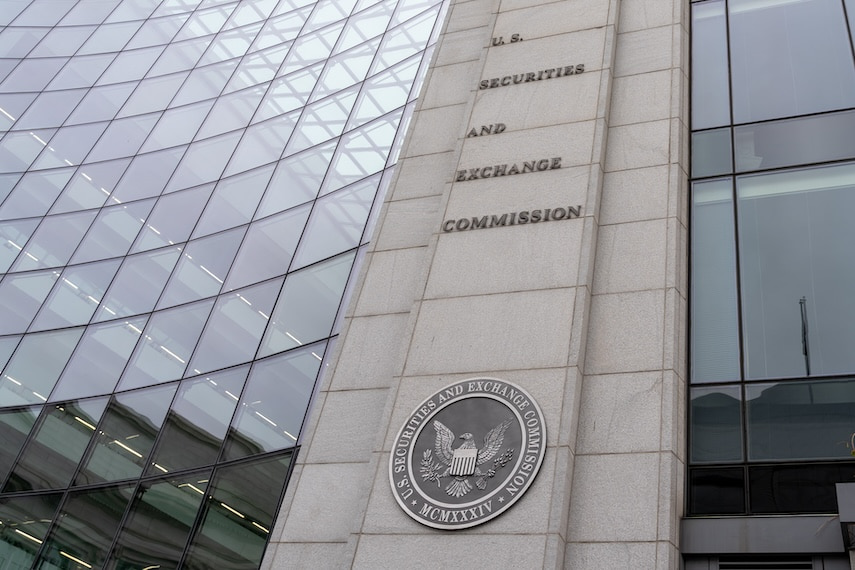Earlier this year, I wrote about why ESG/sustainability professionals should not attempt to make materiality determinations on their own – at least for companies subject to SEC jurisdiction. Last week, over on TheCorporateCounsel.net, Meredith blogged about a Freshfields article that has “timely reminders” of one risk that is not likely apparent to ESG/sustainability professionals involving SEC Regulation FD, material non public information (MNPI), and a company’s use of social media. Freshfields wrote the article after “SEC announced settlement of an enforcement action against a sports betting and online gaming company for selectively disclosing MNPI through the social media accounts of the company’s CEO, in violation of Regulation Fair Disclosure (‘Regulation FD’).”
First, social media channels do not automatically constitute “broad dissemination” but may — if the company takes certain steps.
“In its guidance from 2013, the SEC made clear that dissemination of information through social media (without more) does not constitute broad dissemination of this information. Pursuant to that guidance, companies may disclose MNPI through social media channels only if sufficient steps were taken to alert investors and the market that such social medial channels will be used for the dissemination of MNPI. Methods of appropriate notice could be references to such social media channels in their periodic reports or press releases.”
Second, prompt broad dissemination is appropriate when a company discovers an unintentional selective disclosure — although the initial disclosure may still be a Regulation FD violation.
“Under Regulation FD, if a company unintentionally selectively discloses MNPI, it should remediate the violation by broadly disseminating the information ‘promptly.’ For purposes of Regulation FD, promptly means ‘as soon as reasonably practicable (but in no event after the later of 24 hours or the commencement of the next day’s trading on the New York Stock Exchange) after a senior official of the issuer… learns that there has been a non-intentional disclosure by the issuer or person acting on behalf of the issuer of information that the senior official knows, or is reckless in not knowing, is both material and nonpublic.’”
Companies often post ESG/sustainability updates on social media. For instance, John Deere’s announcement about pulling back DEI efforts was made exclusively on X. Those updates can come from marketing, sustainability and even the CEO directly. This isn’t much of a concern if the topic is not deemed financially material; however, there can be regulatory issues where those social media posts involve ESG/sustainability information that the company has determined is material through other actions/reporting.
This may be confusing to those not familiar with SEC disclosure requirements and limitations – but that is exactly the point. Calling ESG/sustainability information material in the US is the Holy Grail for ESG/sustainability professionals, but doing so comes with a great deal of regulatory baggage and risk unfamiliar to those who are not steeped in US securities law. There is much more to it than including it in your company’s 10-K/10-Q reports.
Members can learn more about ESG/sustainability compliance matters here.
If you aren’t already subscribed to our complimentary ESG blog, sign up here for daily updates delivered right to you.










